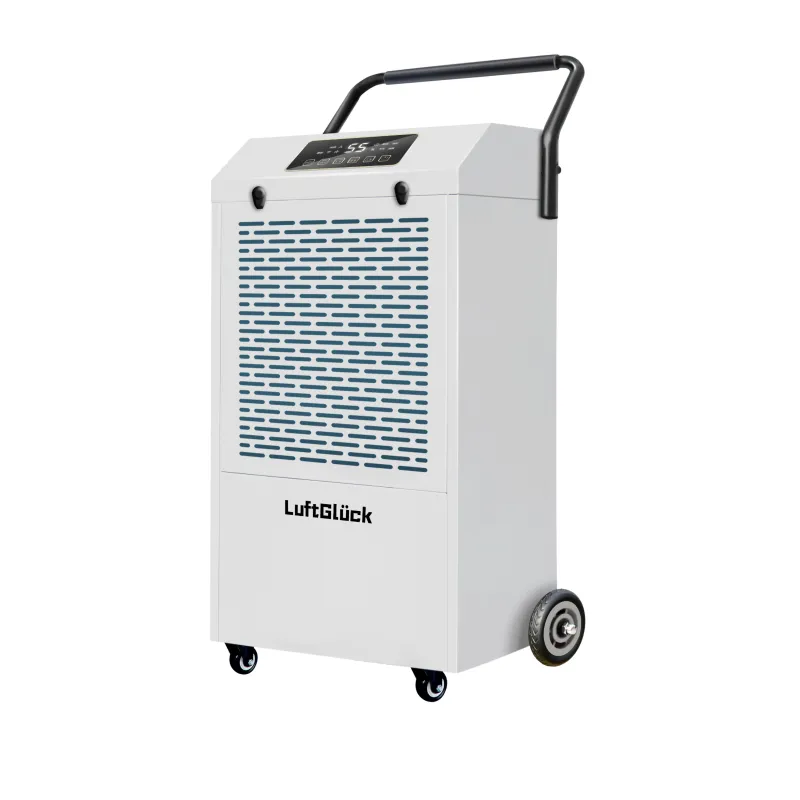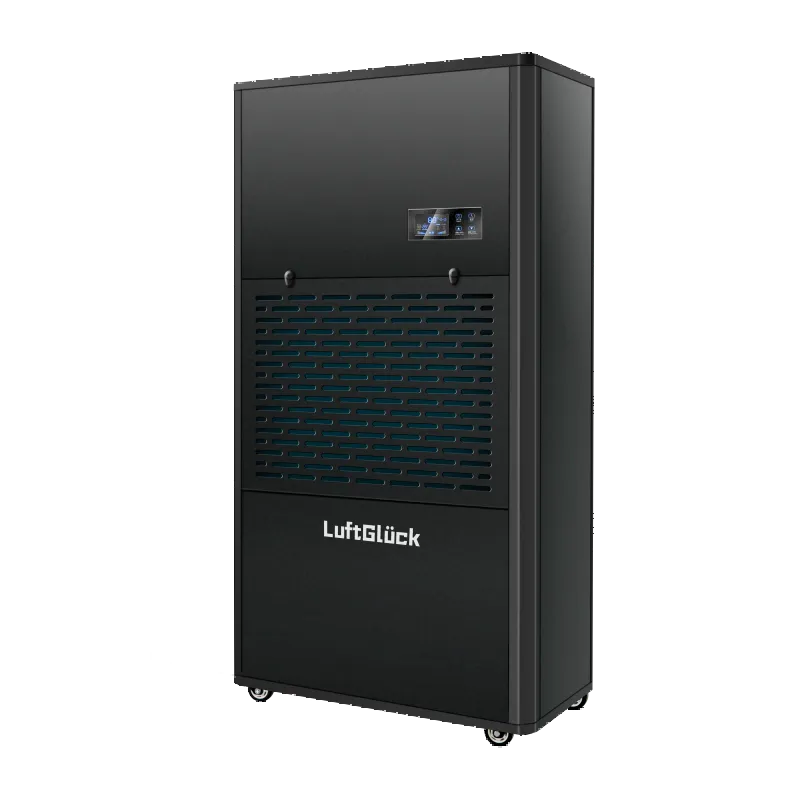Understanding the Critical Role of Industrial Moisture Control
Commercial dehumidifiers play an indispensable role in maintaining optimal environmental conditions across numerous industries and facilities. These powerful machines work tirelessly to extract excess moisture from the air, preventing potential damage to infrastructure, protecting valuable assets, and ensuring comfortable working conditions. As businesses increasingly recognize the importance of proper humidity control, the deployment of commercial dehumidifiers has become standard practice in many sectors.
These robust units differ significantly from their residential counterparts, offering greater capacity, durability, and efficiency in managing moisture levels across large spaces. Understanding where these essential devices are most commonly utilized can help facility managers and business owners make informed decisions about their humidity control needs.
Manufacturing and Industrial Applications
Production Facility Requirements
Manufacturing facilities represent one of the primary applications for commercial dehumidifiers. In these environments, precise humidity control is crucial for maintaining product quality and manufacturing processes. Paper mills, for instance, require specific moisture levels to prevent paper from warping or becoming brittle. Similarly, electronics manufacturing facilities depend on commercial dehumidifiers to prevent static electricity and protect sensitive components from moisture damage.
Metal fabrication shops also benefit significantly from these systems, as excess humidity can lead to metal corrosion and compromise the integrity of finished products. The presence of commercial dehumidifiers ensures consistent product quality and reduces the risk of moisture-related defects in the manufacturing process.
Food Processing and Storage
The food industry relies heavily on commercial dehumidifiers to maintain optimal storage conditions and ensure food safety. In large-scale bakeries, controlled humidity levels are essential for consistent dough rising and proper product texture. Cold storage facilities use these units to prevent frost buildup and maintain proper preservation conditions for perishable goods.
Meat processing plants employ commercial dehumidifiers to prevent condensation on walls and ceilings, which could lead to bacterial growth and compromise food safety standards. These systems work in conjunction with refrigeration units to create the perfect environment for food processing and storage.

Commercial Building Applications
Office and Retail Spaces
Modern office buildings and retail establishments frequently install commercial dehumidifiers to maintain comfortable working environments and protect building materials. These systems help prevent the growth of mold and mildew, which can affect both building integrity and indoor air quality. In retail spaces, proper humidity control helps preserve inventory and creates a more pleasant shopping experience for customers.
Large shopping malls particularly benefit from these systems, as they must manage moisture from various sources, including customer traffic, food court operations, and outdoor air infiltration. Commercial dehumidifiers help maintain consistent conditions throughout these sprawling facilities.
Healthcare Facilities
Hospitals and healthcare facilities represent another crucial application for commercial dehumidifiers. These environments require stringent humidity control to maintain sterile conditions and prevent the growth of harmful microorganisms. Operating rooms, in particular, must maintain specific humidity levels to ensure proper functioning of medical equipment and optimal conditions for surgical procedures.
Pharmaceutical storage areas also rely on commercial dehumidifiers to preserve medication efficacy and comply with strict storage requirements. These systems work around the clock to maintain the precise environmental conditions necessary in modern healthcare settings.
Specialized Facility Requirements
Indoor Pool Areas and Spas
Indoor swimming pools and spa facilities present unique challenges for moisture control. Commercial dehumidifiers are essential in these environments to prevent structural damage from constant water evaporation. These systems help maintain comfortable conditions for visitors while protecting the building from condensation-related issues such as peeling paint, corroding metal fixtures, and deteriorating building materials.
The proper sizing and placement of commercial dehumidifiers in these facilities is crucial, as they must handle significant moisture loads while maintaining energy efficiency. Many modern pool facilities incorporate sophisticated humidity control systems that work in tandem with ventilation systems to optimize air quality and comfort.
Museums and Archives
Cultural institutions such as museums and archives require precise environmental control to preserve valuable artifacts and documents. Commercial dehumidifiers play a vital role in maintaining the specific humidity levels needed to prevent deterioration of sensitive materials. Whether protecting ancient manuscripts, artwork, or historical artifacts, these systems help ensure the long-term preservation of irreplaceable items.
Archival storage facilities employ commercial dehumidifiers as part of their comprehensive preservation strategy, often integrating them with specialized climate control systems to maintain optimal conditions year-round.
Frequently Asked Questions
How do commercial dehumidifiers differ from residential units?
Commercial dehumidifiers are designed for larger spaces and continuous operation, featuring higher capacity, more robust construction, and advanced control systems. They typically offer greater moisture removal capacity, improved energy efficiency, and more precise humidity control compared to residential units.
What factors should be considered when selecting a commercial dehumidifier?
Key considerations include the space size, typical humidity levels, temperature conditions, required moisture removal capacity, energy efficiency ratings, and specific application requirements. It's also important to consider installation options, maintenance needs, and long-term operating costs.
How often should commercial dehumidifiers be maintained?
Regular maintenance is crucial for optimal performance, typically including monthly filter cleaning, quarterly general inspections, and annual comprehensive servicing. Specific maintenance schedules may vary based on usage conditions and manufacturer recommendations.


